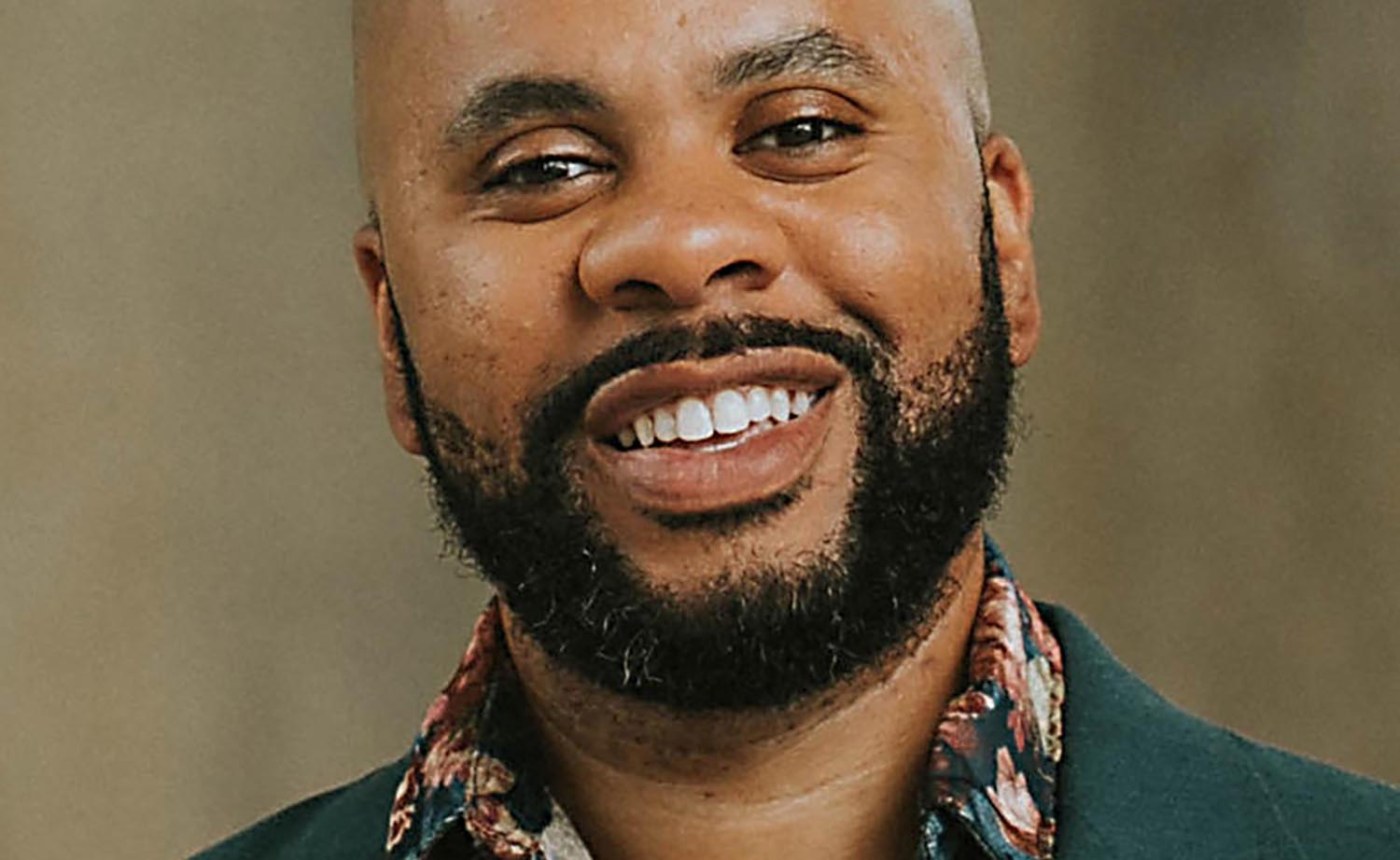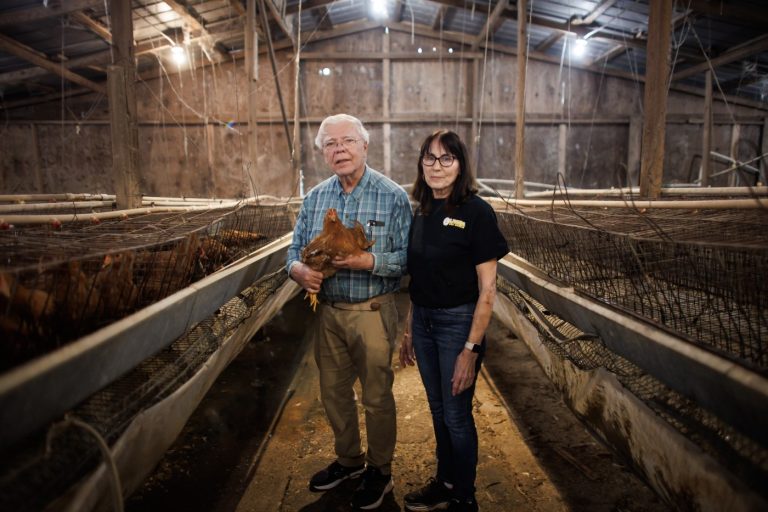Dear Eric: I have been in a wonderful relationship for a year now with a man who treats me like a queen, and we have plans to eventually get married.
Related Articles
Asking Eric: If her dogs are in my house, can I insist on discipline?
Asking Eric: I dread seeing this woman at the wedding
Asking Eric: My friend said I didn’t make the cut for her elite group. What do I do now?
Asking Eric: Do I need to publicly announce that she’s no longer my friend?
Asking Eric: She booted me from the party list because of what her friends said
We happen to have a mutual friend, whom I have actually known for many more years than he has. The mutual friend is known by many as a toxic person who is also an egotistical bully, and I believe he uses his friendship with my boyfriend to elevate his own image and legitimize his toxic actions.
I would never give my boyfriend the ultimatum to choose me over his friend, but I have to admit, I feel some resentment every time he spends time with him, which is affecting our relationship.
My boyfriend is aware of my feelings regarding our mutual friend, but he continues to meet and hang out with him, as if nothing is wrong. I’m stuck.
– Done with Mr. Yuk
Dear Done: While your reasons for playing the role of Toxic Avenger may be noble, it’s time to hang up the cape.
If it’s your resentment that’s affecting your relationship rather than anything the friend is doing to you or your relationship, then you’ve got to put it to rest. If you don’t, you risk toxicity yourself.
You write that your boyfriend is hanging out with this person as if nothing is wrong. That’s because nothing is wrong to him. Unless your boyfriend is himself toxic, it’s unlikely he’s hanging out with the toxic friend to spite you. So don’t take it personally.
As an adult, he’ll have to own the social consequences of his friendship. You can hold a gentle “I told you so” in reserve, should things go sour for him.
Sometimes our partners or loved ones have bad friends. Sometimes those friends are even toxic. It calls their judgment into question, sure, and makes some get-togethers annoying, but ultimately, our partners and loved ones are free to make their own decisions, even ones we don’t agree with. If we stand in the way of that, we deny them their autonomy, which creates a whole new set of problems.
You’ve expressed your opinion. Let it be at that and hope he comes to his senses.
Dear Eric: I am a 50-year-old woman who reconnected with a 41-year-old man I dated years ago.
Before we moved in together, the physical intimacy slowed, becoming maybe once a week to every other week. He claims he was stressed about his job, and it had nothing to do with me.
We’ve lived together more than six months, and now it’s almost a month between the times he is “in the mood.” I have cried and we have gotten into arguments over the lack of intimacy in our relationship.
Each time, he claims he is still attracted to me but just isn’t interested in sex anymore. He said he doesn’t have that urge. He is worried if he tried to have sex, he wouldn’t be able to perform.
I have made it clear that sex and intimacy are very important to me, and I think he needs to seek help to find out if he has low testosterone or not. He claims he wants things to “work itself out” on their own.
I love him and love our home we share together but I refuse to live in a sexless, no-affection relationship. Am I being selfish and unreasonable?
– Love Lost
Dear Lost: You can’t be faulted for being honest about your needs.
Sex isn’t a requirement of a relationship. But communication is. Even though you’re talking about this, I don’t know if you’re effectively communicating.
I don’t know what he means with regard to things working themselves out on their own. How? Why? When? It’s not his fault if he’s stuck and unsure how to unravel this issue. But there’s a difference between being stuck and being avoidant.
When our bodies or our desires change, particularly in ways we don’t want, the change can spark embarrassment. And embarrassment can spin out a whole web of behaviors. If we don’t address the root, the web gets more complicated.
Related Articles
Dear Abby: She’s my date for the wedding. Shouldn’t that be enough?
Asking Eric: If her dogs are in my house, can I insist on discipline?
Harriette Cole: Is it shallow to want my boyfriend to pay for our dates?
Miss Manners: Do I have to hear why people don’t like my husband?
Dear Abby: I’m upset by how they spell my daughter’s name
There are solutions: talking with a trained professional – together or solo; the test you mentioned; adjusting your sex lives so that you’re exploring intimacy in ways that don’t put pressure on him to perform.
Ask yourself what an affectionate relationship looks like. Be creative. Physical connection is important, but challenge yourself to think beyond the physical, too. Then ask him the same.
Tell him you’re at a crossroads and ask him to be your partner in finding a way forward. Sex is a part of intimacy, but the ability to be vulnerable is paramount. You can both practice vulnerability by working together to find new forms of intimacy. I hope he’ll take this step with you.
Send questions to R. Eric Thomas at eric@askingeric.com or P.O. Box 22474, Philadelphia, PA 19110. Follow him on Instagram @oureric and sign up for his weekly newsletter at rericthomas.com.












